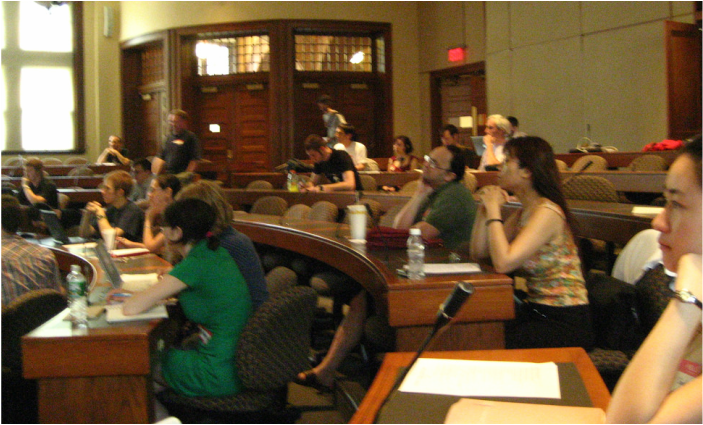
In my 25+ years of supporting/ensuring access to students with disabilities in higher education, I have witnessed, hundreds of times over, how well-meaning parents have unintentionally sabotaged their child’s success in their college and vocational pursuits, just because they weren’t aware of the following key points:
- Legal Differences: The Individuals with Disabilities Education Act (IDEA) does not apply to colleges and universities. Your child will now be requesting and receiving accommodations under the Americans with Disabilities Act (ADA) and Section 504 of the 1973 Rehabilitation Act. The difference between these laws is significant. The IDEA, for example, must guarantee that students will successfully transition through and graduate from the K-12 system. The ADA and Section 504 guarantee access. This is important because while the college or university will be expected to ensure that your child can participate fully (i.e., has access to) in all programs, activities and other educational opportunities, it will be your child’s responsibility to make use of the resources in order to meet the standards for success. In college, teachers do not seek out students for such things as missing assignments as they may in high school.
- The Shift from Child to Adult: Most first year college students are 18 years old, and considered to be an adult. Some information, such as grades and course assignments, therefore, may not be available to you, as a parent. Though you were likely a lead player in your student’s IEP or 504 Plan coordination, your student is now the lead player in the creation of his/her educational experience.
- Students who do well are invested in their education and have self-advocacy skills. They know what they need and are able to ask for it. As parents, we all want to protect our children. That’s our most important job! However, oftentimes, parents of students with disabilities try to shield their children by either keeping the disability-related information on the down-low, so that students don’t know what their challenges and/or needs are, or by speaking on behalf of their kids and not helping them learn to articulate their struggles and needs. Your student needs to learn about him/herself – what his disability is, what impact it has on him, and what accommodations he needs, before he goes to college.
- There is a difference between accommodations and support services. Parents and students often come to college thinking that accommodations (extensions on assignments, flexible attendance, extended time on exams, etc.) are needed so that the student can be successful in his/her classes. This is not the case.
Accommodations are approved for access, to help level the playing field for students with disabilities. Therefore, certain accommodations will not be approved, unless it is clear that the accommodation will remove a barrier, and/or will help to mitigate the impact of a disability.
Support Services (tutoring, mentoring, etc.) are not accommodations, but are designed to increase the chances for the student’s success. While disability accommodations are a legal requirement for post-secondary institutions, colleges and universities vary with respect to the quantity and quality of the support services they provide.
Written by Bonni Alpert, Ed.D.
Assistant Dean, Office of Student Disability Services
Western New England University

 RSS Feed
RSS Feed